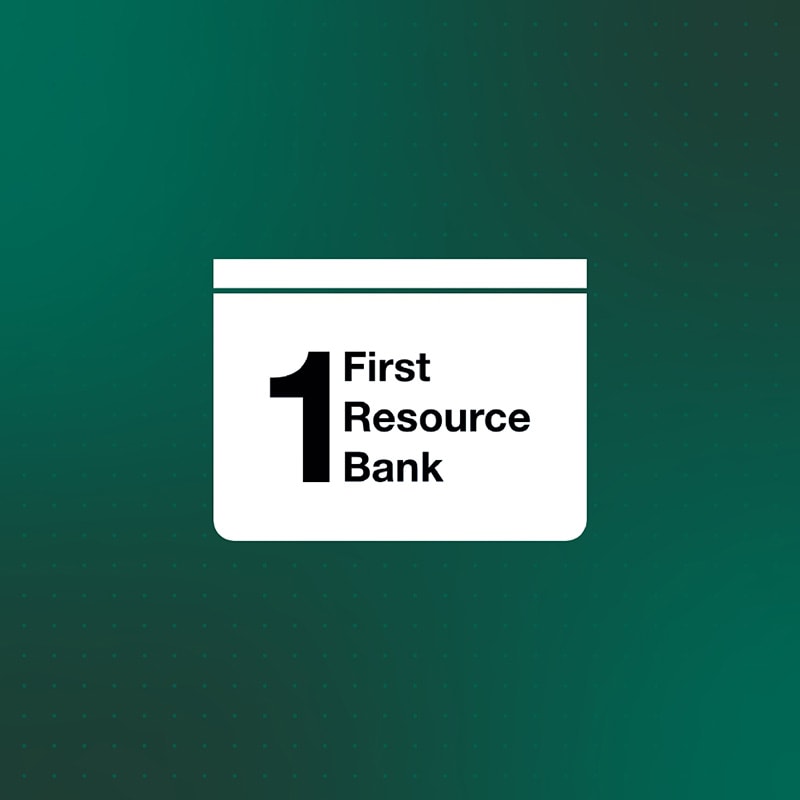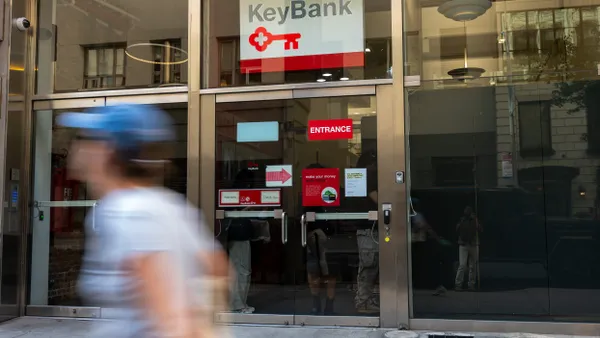For challenger banking pioneer Moven, the pivot away from direct-to-consumer finance and toward business-to-business (B2B) was a numbers game — not the $2 million the company stood to lose this year by keeping its legacy banking arm intact, but the millions of customers it wants to gain by broadening the reach of its financial wellness technology.
"We had a couple hundred thousand customers [through our challenger bank], which isn't bad, but I want to have millions of customers utilizing and leveraging this tech," Moven CEO Marek Forysiak told Banking Dive.
Until recently, Moven had an exclusive deal in North America with TD Bank to provide financial wellness technology that links a customer's bank account, card and app to help him or her manage spending. And, according to Forbes, users of the TD MySpend program — who number 2.3 million — saved 5.5% to 6% more than the bank's other customers with a markedly lower attrition rate.
As of the beginning of this year, TD and Moven no longer have that exclusive relationship, so Moven is courting larger banks with its platform. The company has already signed contracts with Westpac, Saudi Telecom and Banco Atlantida, Forysiak said.
Moven's decision illustrates the kind of flexibility fintechs need to survive in the rapidly evolving world of digital banking, especially as the coronavirus upends daily operations and forces financial services firms to be more digitally agile.
"In the medium term, this coronavirus has really exposed a number of institutions on how well or how poorly they are positioned for end-to-end digital services," Forysiak said.
Moven's founder and executive chairman, Brett King, cited the virus among factors weighing on the company's decision to close its consumer banking accounts April 30.
Although the consumer-focused model still dominated the fintech market, CB Insights analyst Alex Kern said he anticipates further growth from B2B fintechs in 2020.
"Fintech is going to directly want to help their customers, in most cases that's a business. So the way you’re helping the bank is the fintech doing their part," he told Banking Dive. "The reason you want to help a bank is because it’s giving you access to more customers."
Moven isn't the only formerly consumer-focused fintech now looking to B2B solutions. SoFi, a student loan debt refinancing fintech, announced its intention this month to acquire payments fintech Galileo this month for $1.2 billion. Galileo’s application programming interface-based platform powers challenger banks including Chime and Varo.
At least one challenger bank is benefiting from the ripple effect of Moven’s business shift. Moven is recommending its consumer banking customers move their accounts to Varo.
"When I heard that they were going to pivot toward B2B, I reached out to Brett and said, 'If you guys want to find a home for your customers, I think we've got very similar values and would love to be able to provide the Moven customers a soft landing,'" Varo CEO Colin Walsh said.
Despite the shift from direct-to-consumer, Forysiak said he doesn't see the banking venture, which rolled out in 2011, as a failure.
"Financial wellness for us was always at the core," he said. "What we don’t lose sight of is that part of our original vision to become a challenger bank in the U.S. was to improve the lives of tens of millions of consumers, so that becomes a more critical imperative for us as a business versus what type of a business model we have.
"Are we continuing with the thesis and the vision to improve the lives of tens of millions of consumers?" Forysiak added. "That, we found, is better served through our enterprise platform."












